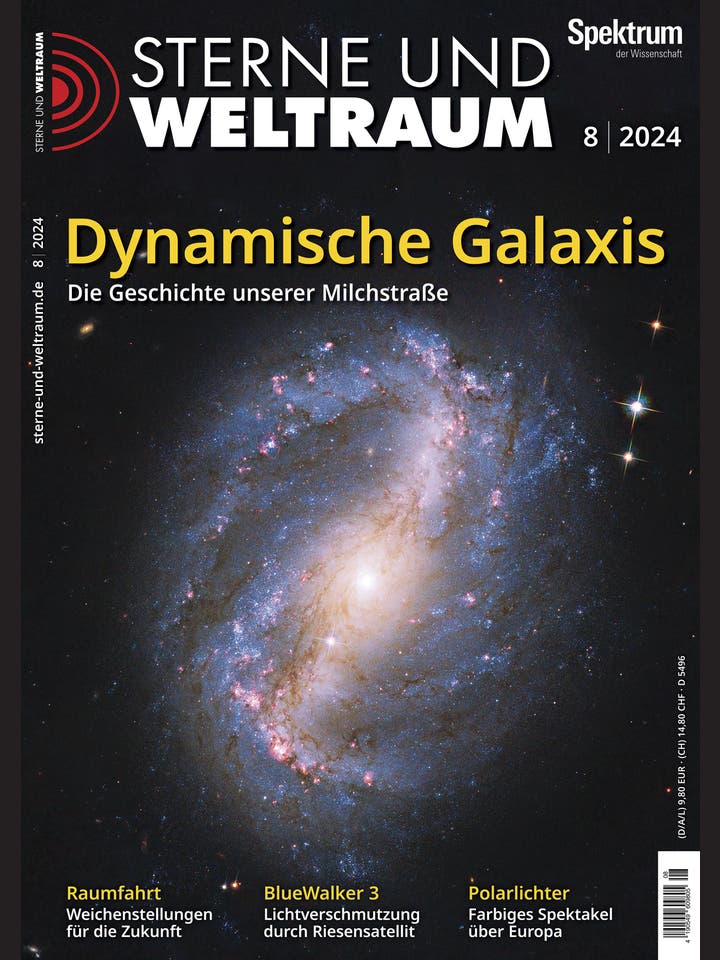The German-speaking reader will learn about the experiment on magnetic attraction, especially in connection with the dispersion of the compass on board ships due to the local influence of cannons and the like, from the Annals of Physics of 1823. The physical work, which dates back to 1820, has an eventful history. The author initially failed to get his results into the proceedings of the Royal Academy: the venerable scientific society discreetly leaves the descriptions of the experiments on rotating cannonballs and compass needles disappearing into a drawer. This also angered Ludwig Wilhelm Gilbert, editor of the Annals of Physics, because he was worried about the offspring of his guild: “It seems to me that such noble work by those who have appointed themselves judges of physical merit is responsible for the fact that the number of experimenters has dwindled so much here. Both our critics (reviewers) and our royals. I have no doubt that the Society has done more harm than good in recent years to the interests of science.”
But the man he was looking for—at that point, in his mid-forties and holding a permanent position as a mathematics teacher at his country’s Royal Military Academy, anything but a young scientist—needed no help from Gilbert at all. He does not allow his failure to discourage him, but continues to do the Society’s hard work in the field of magnetism, supported by a worthy officer, Lieutenant Zachary Mudge, who, as commander, has a professional interest in the misalignment of compass needles.
In order to find out the possible electrical cause of the Earth's magnetism, the wanted also investigates the relationship between electricity and magnetism. He suspends a rotating circular metal disc in a vessel filled with mercury and placed within a magnetic field. When he passes electricity through the disc and the mercury, it miraculously begins to rotate – one might say: one of the first electric motors. Time for a new publication. The following year, the wanted became a Fellow of the Royal Society, and a little later he received the coveted Copley Medal – “for his miscellaneous news on the subject of magnetism.”
But he also devoted himself to other tasks, such as writing mathematical books and tables that became bestsellers. He also shows his readers in one of his books on mathematics how perfect numbers have been produced since ancient times: with the help of prime numbers of the form 2N-1. The largest known prime number (Mersenne) at that time was 2.31-1 = 2147483647 results in a perfect 19-digit number – which, the person being researched assumes, will also be the largest “forever” because it is “interesting only for its strangeness”. (In fact, it is the largest 32-bit signed integer, and thus of great interest to programmers today. Instead of eight Mersenne primes as at the time of the research, we now know of 51.)
But the mathematician has a special eye on the stars: he builds a telescope using liquid lenses. The common practice in his time was to build lenses in refractors from a regular converging lens and a diverging one made of flint glass, which were glued together. This combination produces fewer color errors. Flint glass lenses are hard to come by, so the person you are looking for wants to replace them with a liquid lens: he fills carbon disulfide between the converging lens and a glass plate that is supposed to prevent the optics from penetrating the tube. The result is rather successful. After all, some telescopes are built using liquid lenses. By the way, the person you are looking for will notice that you can also increase the magnification by inserting a classic diffuse glass lens in front of the lens. Today every amateur knows this intention you place in front of the lens – and with it the name of the person you are looking for.

“Total coffee aficionado. Travel buff. Music ninja. Bacon nerd. Beeraholic.”








More Stories
Coral Seeding: Artificial Insemination Makes Coral More Heat Tolerant
Fear, Anger, and Denial: How People Respond to Climate Change – Research
LKH Graz: Using radiation to combat heart arrhythmias